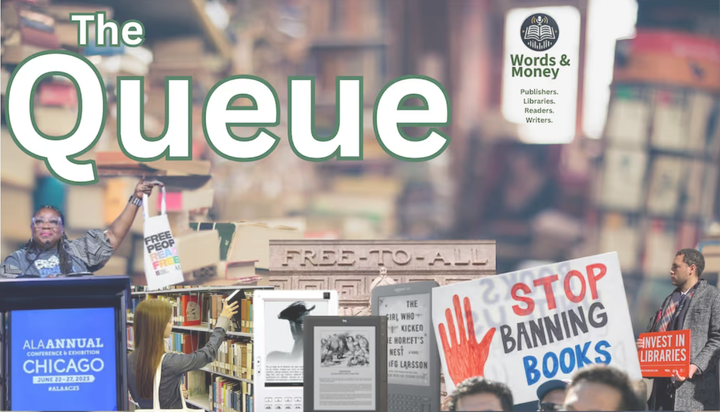The Queue: Library News for the Week Ending November 21, 2025
Among the week's headlines: a long-awaited legal victory for the freedom to read in Missouri; Alabama bans books with trans themes from Public library youth sections; a new report in Georgia explores the economic value of public libraries; and a library ebook bill advances in Massachusetts.
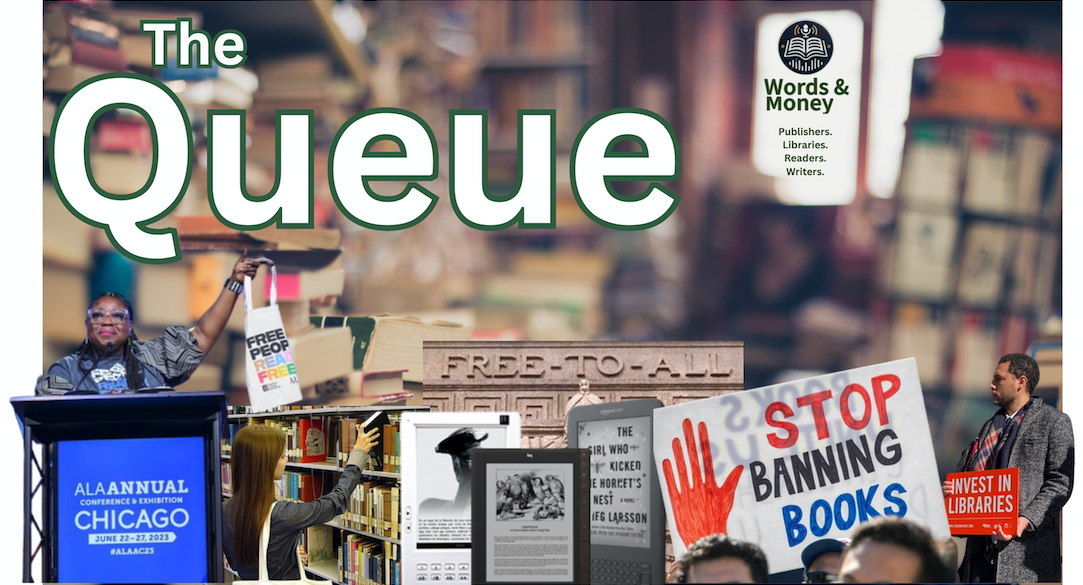
Librarians Prevail in Missouri
In a major—and long-awaited—victory for the freedom to read, a Missouri circuit court judge this week struck down Missouri state law SB 775, which, among its provisions, threatened educators and librarians with fines and up to a year in jail for making books with allegedly inappropriate content available to minors.
"Jackson County Circuit Judge J. Dale Youngs found that Senate Bill 775—codified as Section 573.550, RSMo—violated Missouri’s Due Process and Freedom of Speech clauses," reports local affiliate KBSI. "His ruling permanently blocks enforcement of the law, which prompted schools and library professionals statewide to pull books from shelves, revise policies, and restrict digital access out of fear of penalties."

The decision comes after nearly three years of litigation over the controversial law, which went into effect in August 2022.
In February 2023, the ACLU of Missouri sued on behalf of the Missouri Association of School Librarians, and the Missouri Library Association. The complaint noted that Missouri already had a law on the books barring obscene content in libraries and schools, and argued that the vague language of the new statute had created a climate of fear and saddled administrators with an impossible dilemma: "protecting their staff against potential prosecution, or upholding the students’ First Amendment rights."
Notably, the brief, five-page decision offers almost no insight into the court's thinking. In a footnote, the judge cited time as a factor, noting that he is set to retire on November 28. But he also offered this honest (if somewhat cynical) observation: "Moreover, the Court recognizes–now more than ever–its status as a 'way station' to the Supreme Court of Missouri. What the parties here need is a decision that can be fully and finally considered by an appellate court that–consistent with its standard of review–gives no deference to what this Court thinks or why." That suggests that, while the law is now blocked, the legal battle is still not over.
In a statement, the Missouri Library Association applauded the ruling. "Due to the permanent injunction, all books pulled because of Senate Bill 775 should be returned to the library and classroom collections," MLA officials said. "This ruling removes the fear of prosecution and allows library professionals to continue doing what they do best—partnering with families to foster a love of learning and literacy."
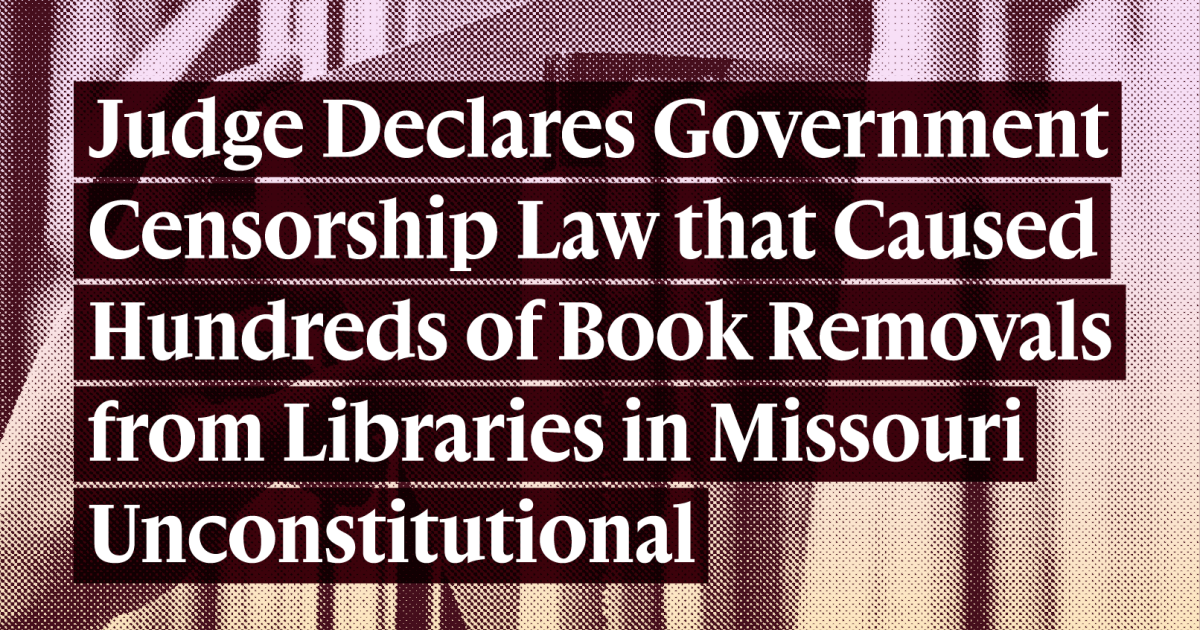
"The court saw Senate Bill 775 for what it is, an unconstitutional censorship law that used the threat of fines and imprisonment to eliminate the guidance of professional librarians and parents and instead gave control over what our students in both public and private schools read to politicians in Jefferson City,” added Gillian Wilcox, Director of Litigation at the ACLU of Missouri, in a statement.
Alabama Officials Vote to Ban Trans Books from Youth Sections, Withhold Funding for Fairhope
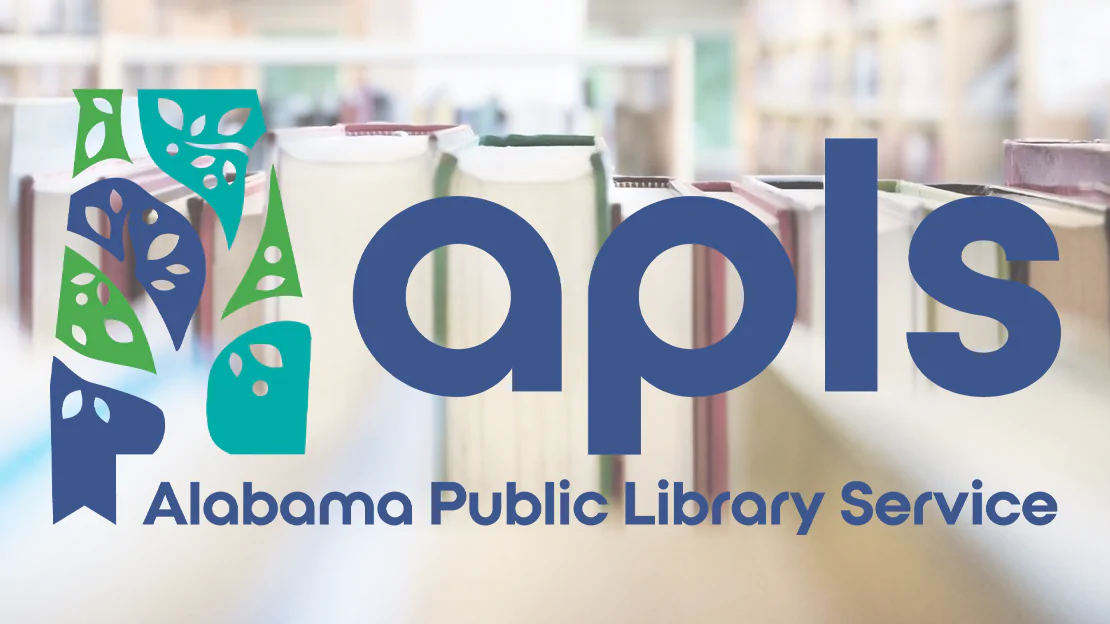
The Alabama Political Reporter reports that the board of the Alabama Public Library Service this week voted to ban books that "depict transgender procedures, gender ideology or the concept of more than two genders" from youth sections of public libraries in the state. The Reporter notes that "about 80%" of the public comments received on the controversial proposal favored the change, "although opponents criticized APLS Chairman John Wahl, who also chairs the Alabama Republican Party, for soliciting and receiving votes through the party’s platform." Furthermore, the report notes that "every speaker during Thursday’s public comment session spoke out against the changes."
In a statement on the Read Freely Alabama website, critics blasted the changes. And it sure sounds like a lawsuit may be coming. “The new ‘gender ideology’ amendment highlights the APLS Board’s continued pattern of disregard for the First Amendment and parental rights, and is a deliberate attempt to target Alabamians they do not think should exist in the public sphere," Read Freely reps wrote. "Read Freely Alabama remains committed to fighting this unconstitutional amendment.” PEN America also put out a release.
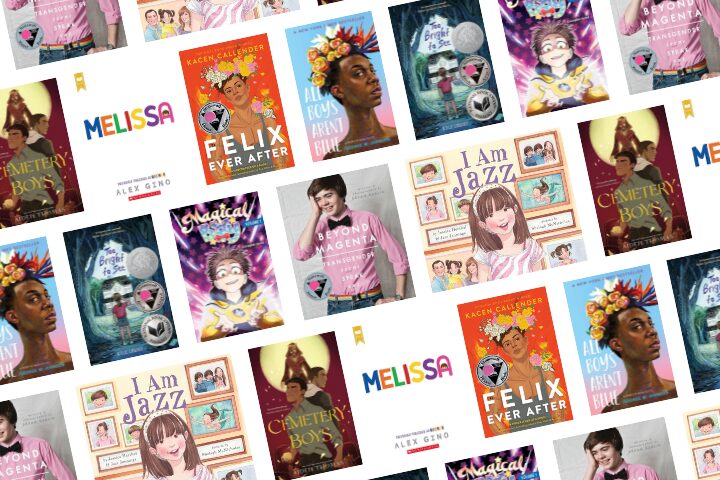
Furthermore, the APLS also voted this week to deny the Fairhope Public Library the remainder of its allotted state funding for the year, about $22,000, amid an ongoing controversy over whether the library is in compliance with another new APLS rule that bars allegedly "sexually explicit" books from youth sections. The vote comes after the Alabama Reflector reported this week that Fairhope officials were upset to learn that, despite being under the impression that they were still eligible to receive their funding, the remainder of their earmarked state money had reportedly already been redistributed.
According to the Reporter, Wahl suggested that Fairhope could potentially recoup "all monies for the current fiscal year" if the library is deemed to be in compliance before June 30, 2026. But with 10 books still being challenged by a handful of local patrons, Wahl also said he would personally would read the challenged books, which led to another board member to suggest that Wahl was becoming "the censor-in-chief for Alabama.”
Ohio Legislators Want to Filter Online Databases in Public Schools and Libraries

Via a syndicated report in Yahoo News, Ohio lawmakers are considering a measure to restrict allegedly inappropriate material for minors in the state's schools and libraries, this one aimed at digital databases. "House Bill 583 would require any vendor providing an online database to Ohio institutions to block access to content that is 'obscene,' 'harmful to juveniles' or depicts child sexual exploitation. Vendors who fail to comply could face withheld payments, refunds to institutions and potential contact termination," the report states.
“We’re still looking into the details of this new bill, but it appears to follow the disturbing pattern of Ohio legislators seeking to control what content Ohioans can read, study, and view,” Melissa Cropper, president of the Ohio Federation of Teachers, told reporters. Maria Lee, a member of the Columbus Metropolitan Library Organizing Committee, also criticized the bill, calling it part of a "troubling pattern to censor library content and make information providers fearful of noncompliance."
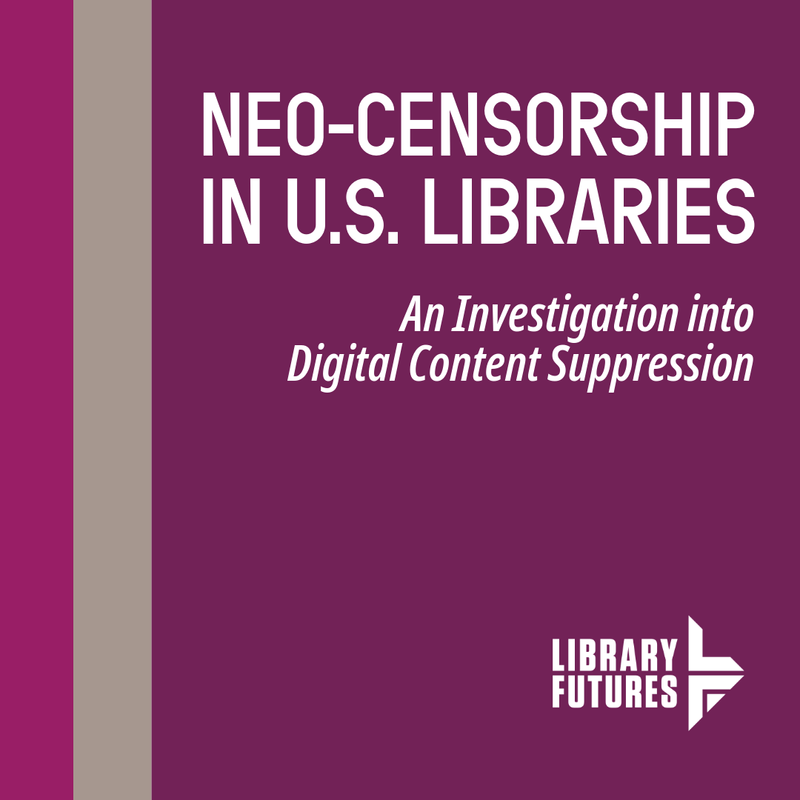
The Ohio bill comes as library advocacy group Library Futures earlier this year published a report on censorship efforts in the digital space, finding that allegations of obscene materials in library databases "are not only unsubstantiated—they are sometimes purposeful acts of disinformation presented with false narratives about the source, context, or character of the information."
Georgia Public Library Service Report Shows Value of Libraries

The Georgia Public Library Service this week released a study conducted by the University of Georgia’s Carl Vinson Institute of Government (CVIOG) that explores the value that public libraries bring to residents. "Georgia’s 408 public libraries provide services worth $857.4 million and economic impacts of $202.8 million annually," reads a GPLS release. "CVIOG found that every $1 of funding to Georgia’s public libraries results in $3.75 in services and economic impact."
Among the report's other notable findings: "a substantial year over year increase in library circulation of electronic resources like ebooks, downloadable audiobooks, and downloadable videos" over the last five years, with "more than 4.2 million downloadable audiobooks in 2024 compared to 1.6 million in 2019, a 172% increase."
Library Ebook Bill Advances in Massachusetts

Via the North Star Reporter, a Massachusetts bill that would set up a state Senate-run commission to study issues in the digital library market has passed in the senate, and is now awaiting action in the House of Representatives. "The bill, an act addressing challenges facing public libraries and digital resource collections (S.2710), would establish a special legislative commission to examine rising costs and access issues surrounding digital resources," the report notes.
“This current reality is unsustainable for our libraries,” State Sen. Paul Feeney (D-Foxborough) told the Reporter, which added that, if the bill passes, "the 17-member commission would include legislators, library leaders, accessibility advocates, state officials, legal experts and representatives from the publishing industry and The Authors Guild" and would focus on "cost trends, equitable actions and privacy concerns... It would also review how other states approach digital lending and explore the legal distinctions between digital licensing and traditional print ownership."
Three 'Freedom to Read' Bills to Watch in 2026

Over at Book Riot Kelly Jensen leads off her weekly censorship news column with a look at three "Freedom to Read" bills that are teed up to advance in 2026: in Massachusetts, New Mexico, and Pennsylvania.
Internet Archive Hires OCLC's Merrilee Proffitt to Lead 'Democracy' Initiative

In an effort to bolster stable, equitable access to vital, public domain government information, the The Internet Archive in 2022 launched Democracy’s Library, billed as "a free, open, online collection of government research and publications from around the world." And now, to bolster the effort, IA officials have announced the appointment of Merrilee Proffitt as director of Democracy’s Library, U.S., where she will "guide the expansion of Democracy’s Library in the United States."
Proffitt comes to the Internet Archive from OCLC, where she served as senior manager of the OCLC Research Library Partnership. "Throughout her career, Merrilee has been a strong advocate for connecting libraries and archives with the global open knowledge ecosystem," reads a post from the IA's Chris Freeland. "Drawing on experience advancing equity, diversity, and inclusion in libraries and archives, she is committed to building a Democracy’s Library that reflects the diversity of the communities it serves and the many perspectives that strengthen democratic engagement."
Maine Delays New Requirements for Public Libraries

The Portland Press Herald reported this week that the Maine Library Commission has voted to postpone a vote to adopt "a new agreement that would force the state’s smallest libraries to hire directors and expand their hours if they want to continue to access the state’s interlibrary loan service, including e-books, and internet service." The Herald reports that library leaders will take up the agreement again at their regular meeting in January.
"Under the proposed Maine Regional Library System Public Library Agreement to Participate, libraries would be required to meet the Maine State Library’s definition of a 'public library' in terms of paid staff, hours of operation, regular financial audits, and a host of other requirements," the report notes. "Last week, after some small libraries heard about the proposed agreement, a number of them pushed back, saying they cannot afford the new requirements on tight budgets and did not want to be forced to choose between paying salaries and expanding services or potentially shutting down."
Congratulations to the 2025 National Book Award Winners
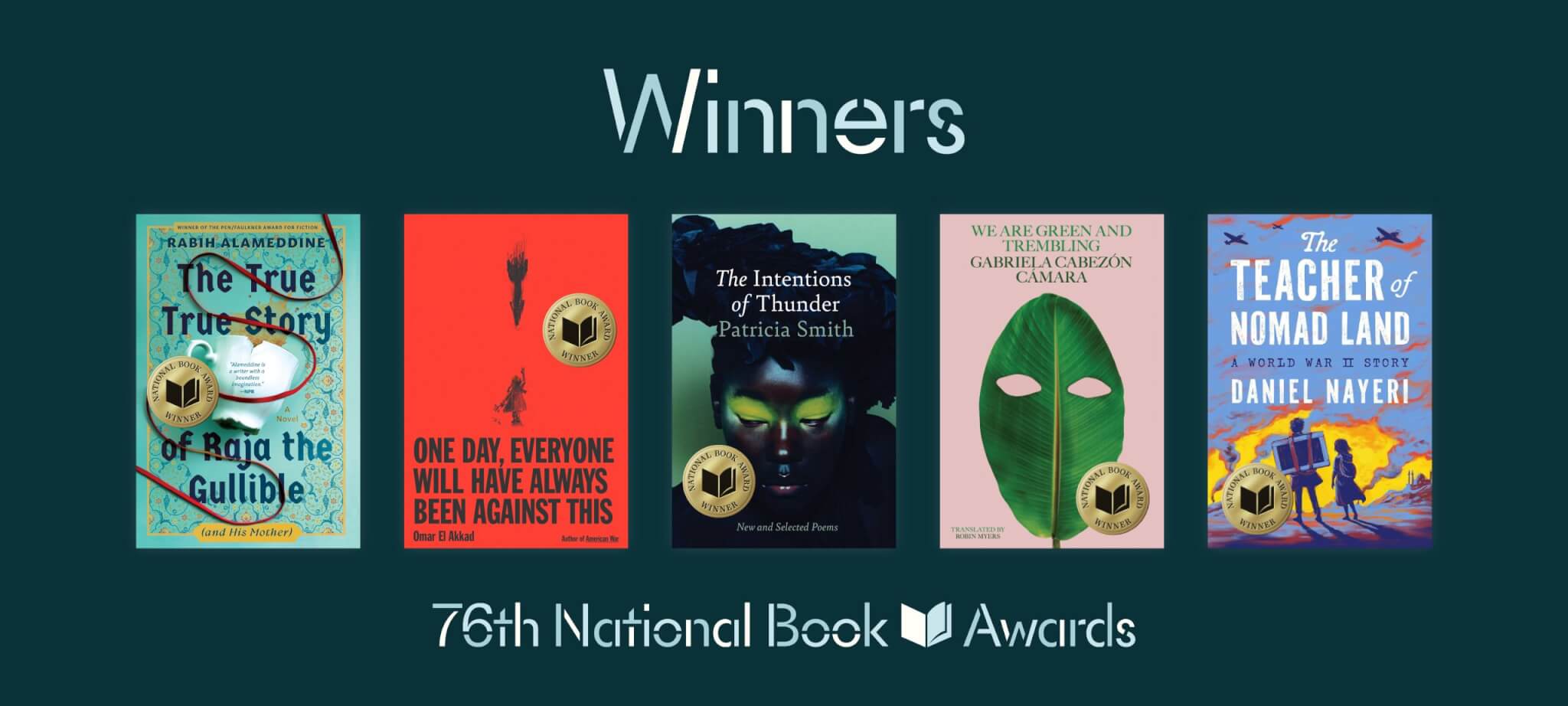
The National Book Foundation this week celebrated the five winners of the 2025 National Book Awards, which were announced at the 76th National Book Awards Ceremony this week New York. In addition to the winners, two lifetime achievement awards were also presented at the ceremony: George Saunders was recognized with the National Book Foundation’s Medal for Distinguished Contribution to American Letters, and Roxane Gay received the Literarian Award for Outstanding Service to the American Literary Community. "Publishers submitted a total of 1,835 books for this year’s National Book Awards: 434 in Fiction, 652 in Nonfiction, 285 in Poetry, 139 in Translated Literature, and 325 in Young People’s Literature," NBF officials said.
And Finally This Week...
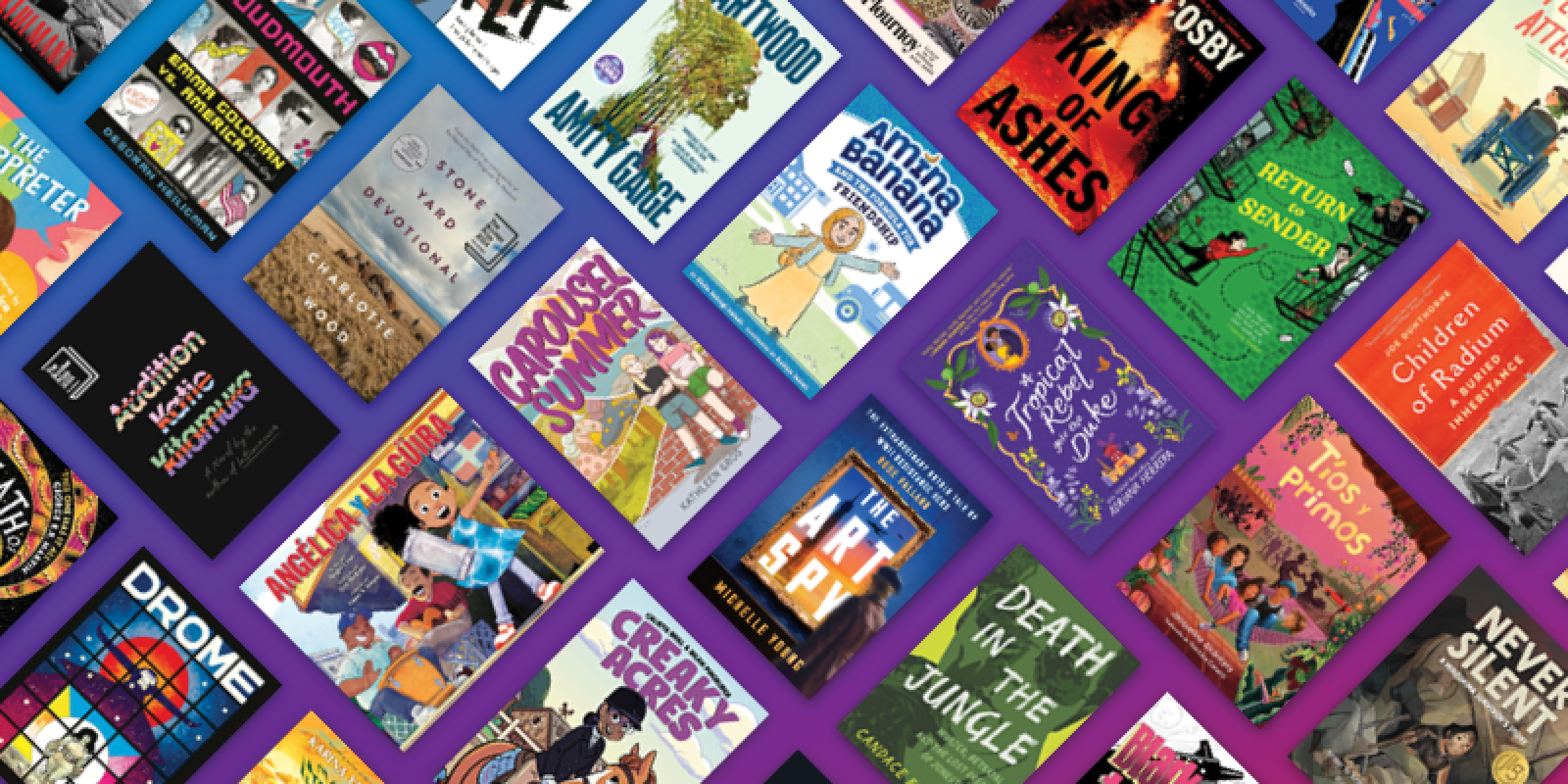
The New York Public Library this week release its best books lists of 2025, which includes 50 staff picks for adult books, 50 for teens, and 125 books for kids. And to mark the occasion, NYPL is giving away 1,000 print books at three locations, and making a list of 26 ebooks available without waiting through the end of the year via OverDrive.
The New York Times wrote about the program. “Usually when we announce our best books, there’s a run on the titles, no matter how many we buy,” Brian Bannon, NYPL's chief librarian, told the Times. “So it’s sort of like you can’t check out the ones you want until next summer.” Bannon told the Times the library was "leaning into a way that makes it easy to borrow a book" and "to read it while the impulse is fresh."















